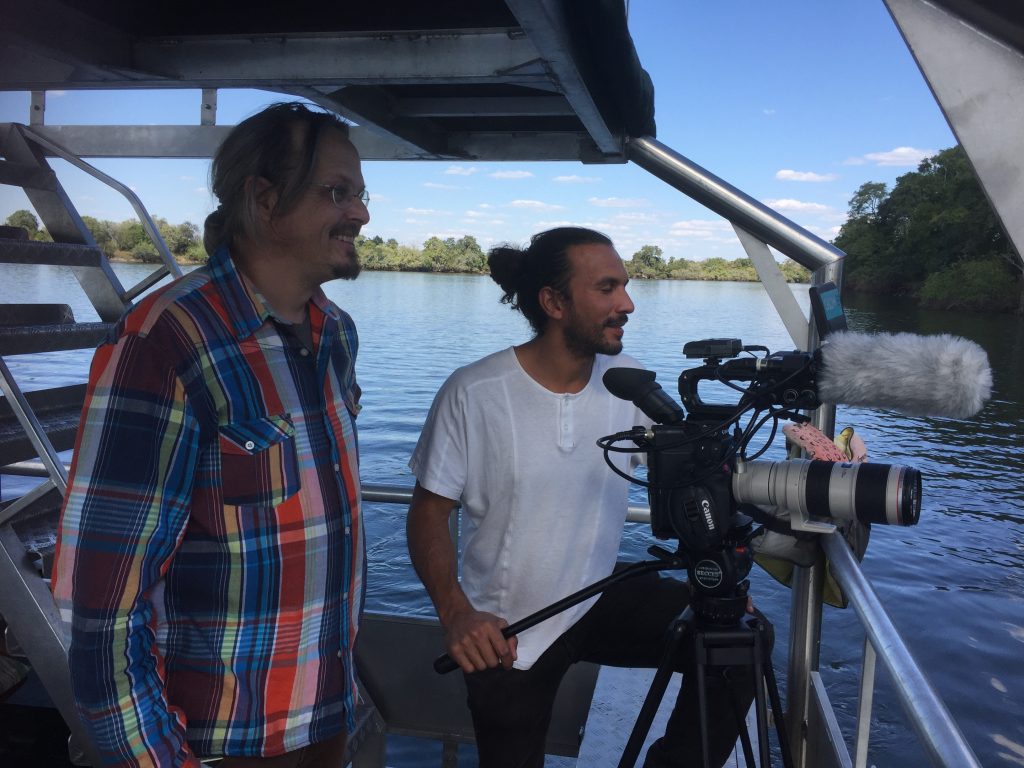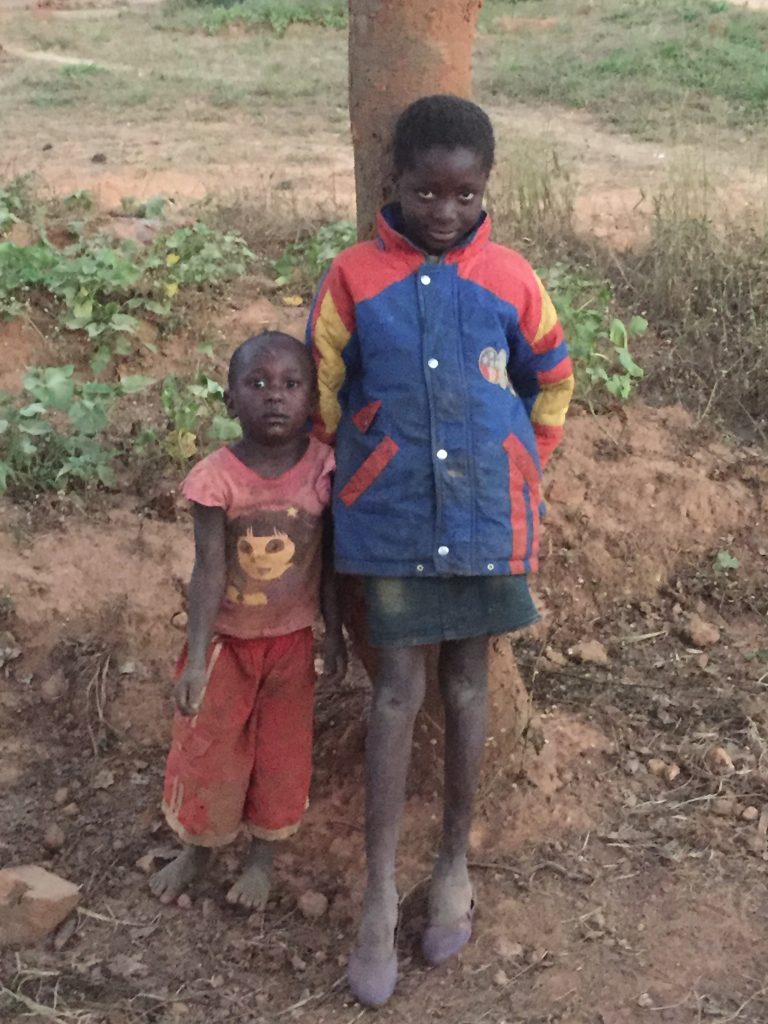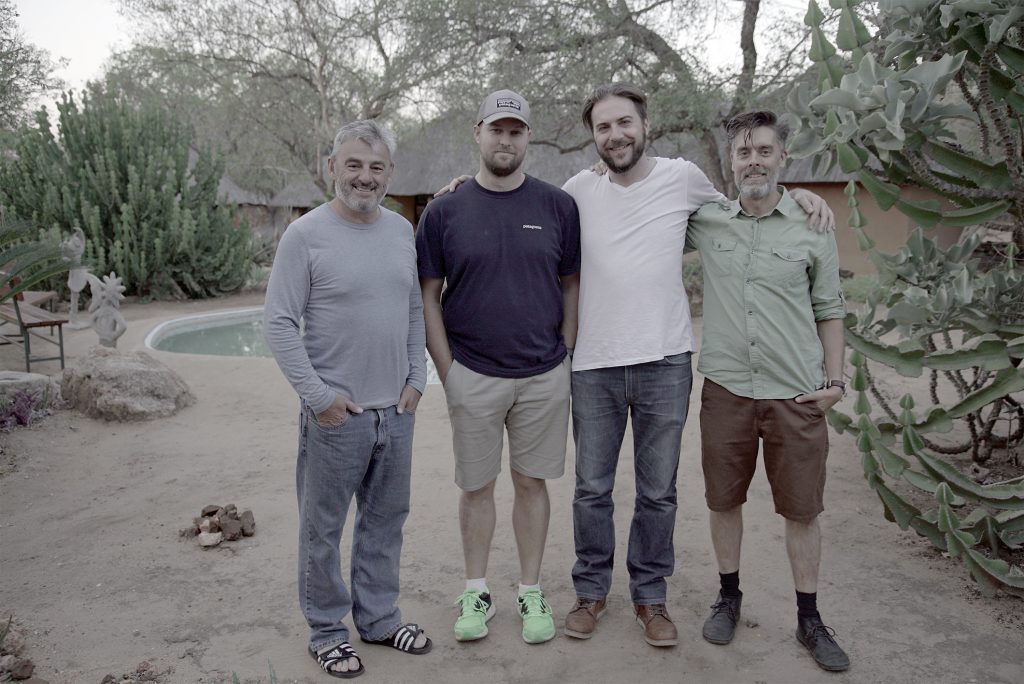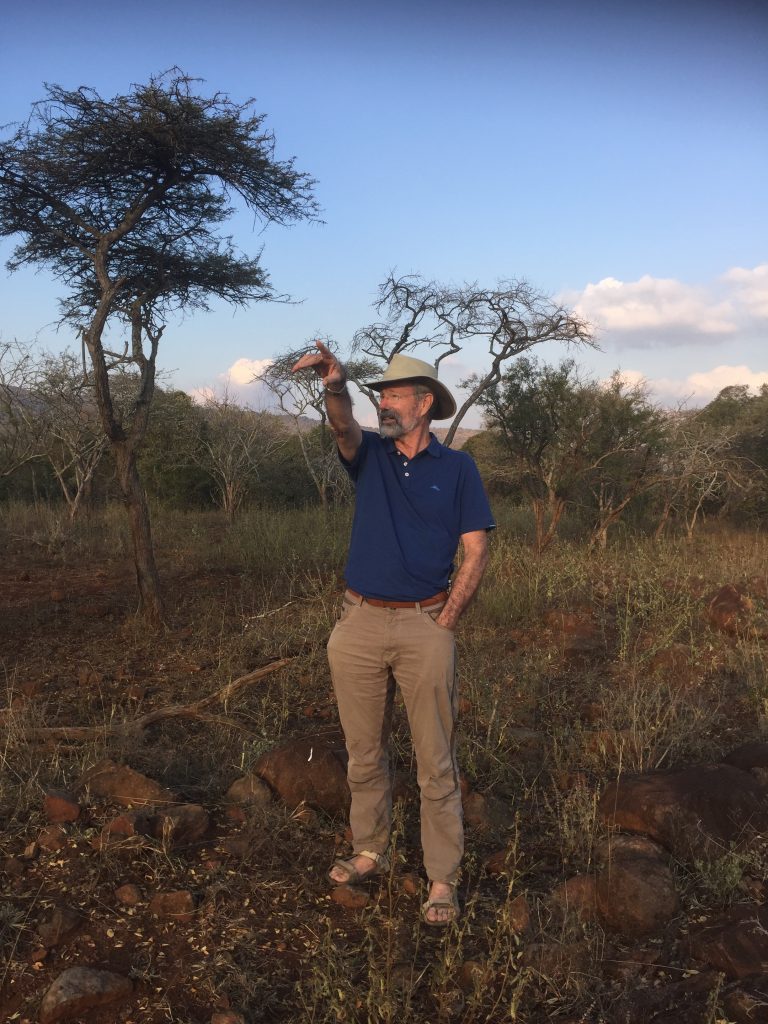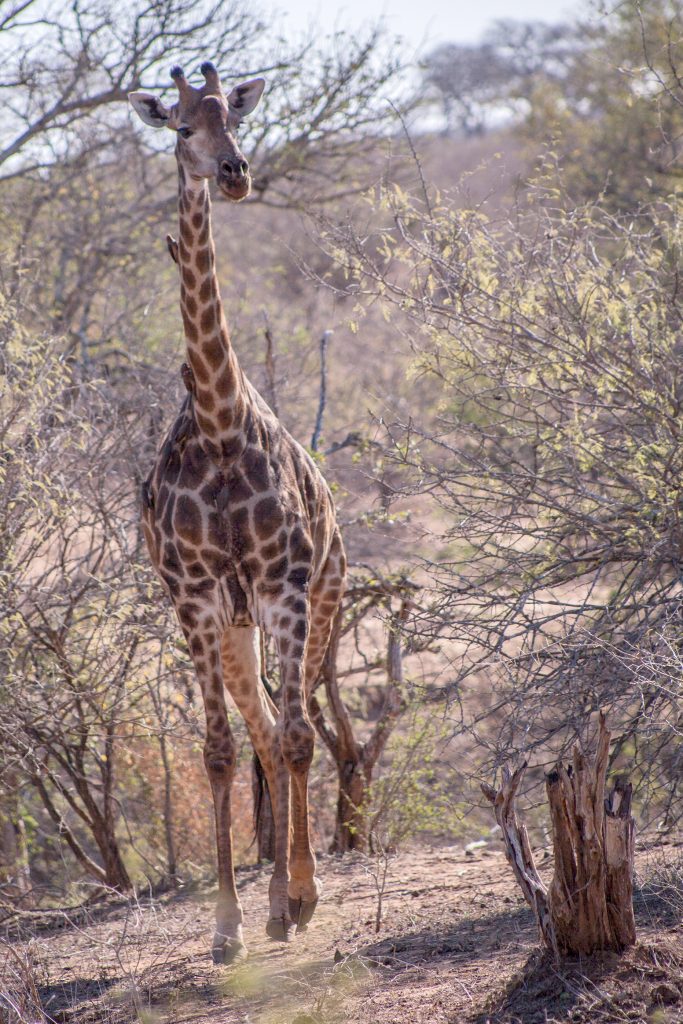
The slaughter of Cecil the lion, by a Minnesota dentist in 2015 created a tsunami of emotion around the world. This incident brought to light the little-known plight of this iconic species. Lions are in free fall, and their rapid decline has largely been overlooked because lions are still visible in Africa’s National Parks and game reserves. Yet, two centuries ago, hundreds of thousands of lions inhabited Africa – today it is estimated that only 20,000 remain in 8 percent of their former range.
Filming in South Africa, Zambia, Zimbabwe, Kenya and Mozambique, HEART OF A LION examines the economics and politics of wealthy hunters who pay big money to kill endangered species. While this sport brought media attention to lions, our film explores trophy hunting as just one of the issues facing lions today. As herders and ranchers take over lion habitat and eliminate wildlife prey, lions turn to taking livestock. In retaliation, it is not uncommon for villagers to kill an entire pride of lions with cheap lethal poisons that, in turn, cause the disappearance of vultures and eagles from the skies. Many lions are speared by villagers or die in wire snares and iron traps laid to catch wildlife for the massive wild bushmeat trade. These illegal traps are a twofold blow for lions – not only does poaching devastate the wild prey that sustain lion populations, but lions themselves become captured in nearby snares, dying prolonged, ghastly deaths.
Our film tracks the emergence of “canned hunting” and the legal trade of “lion bones” to the Chinese market, just recently replacing the traditional (and now near-extinct) tiger for the manufacture of medicinal, “Tiger Wine”. We examine the long-term issues of a continent where poverty is endemic, and the challenges of local communities gradually shifting their paradigm to recognize that survival of wildlife can be one of their most important assets.
There are no simple solutions to the problem of wildlife conservation in Africa. But, there are real heroes in this field : scientists, ecologists, conservationists, activists and philanthropists. HEART OF A LION tells their stories. We examine various methodologies for monitoring lions and other carnivores to help reduce human-wildlife conflict. We look at the role of women – at programs that inspire the local support to watch out for poachers and, at local grass roots initiatives whereby success is measured not just in wildlife numbers but in the education and development of indigenous communities.
We explore the emergence of such NGO’s as African Parks and their rehabilitation of national reserves as they work in partnership with governments and local communities. We look at the role of eco-philanthropists in revitalizing large tracks of African wilderness devastated by war. Finally, we ask, “whose responsibility is it? Is the looming extinction of wildlife just an African problem – or one of urgent global responsibility? “
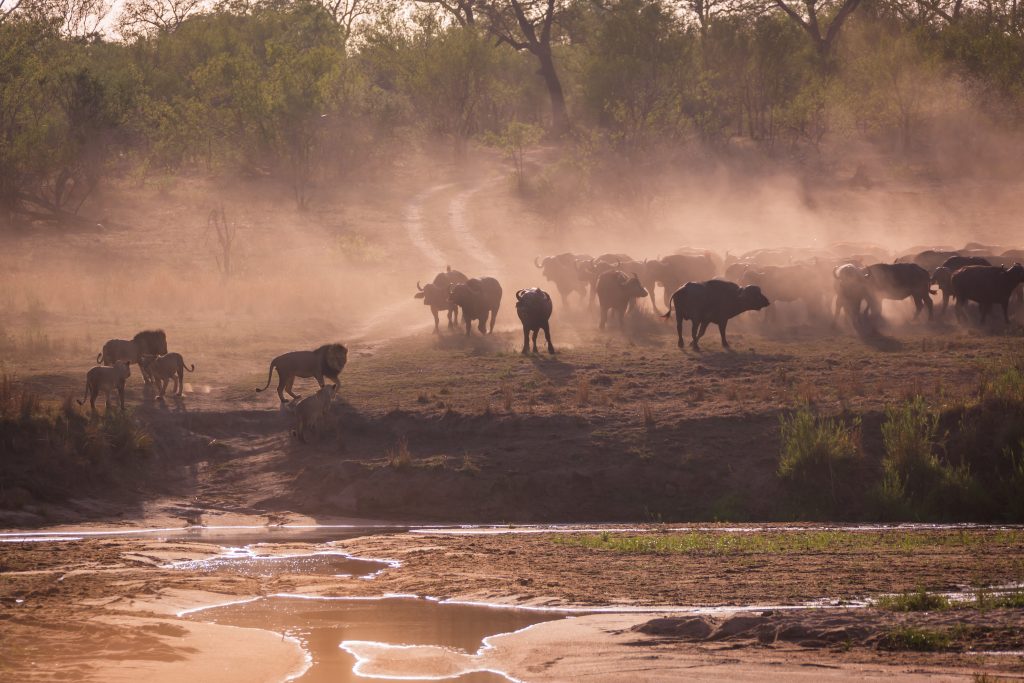
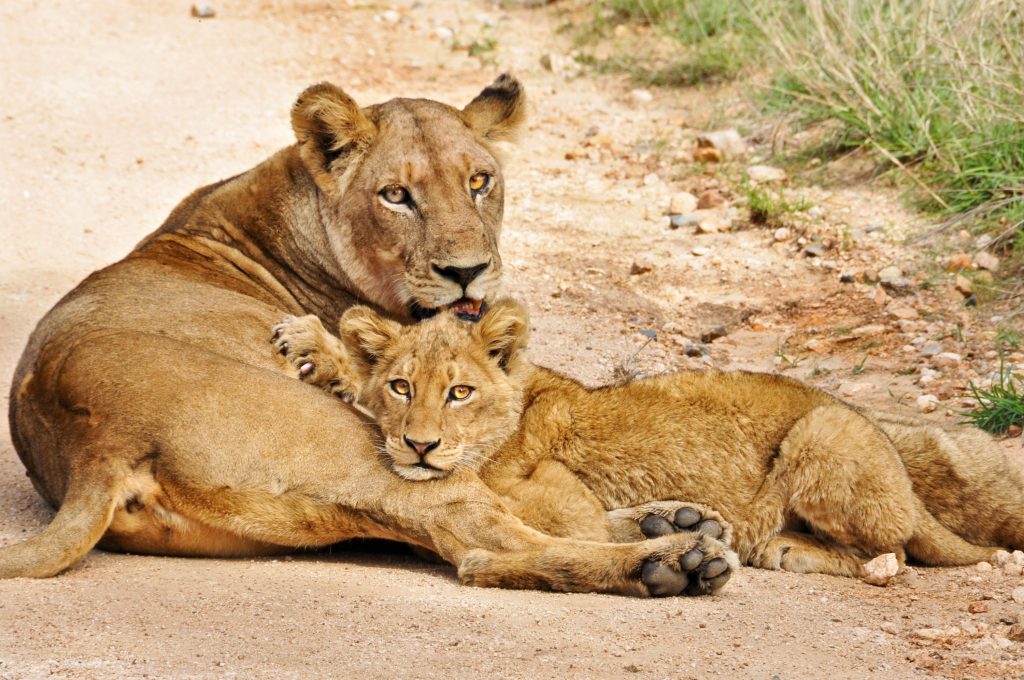
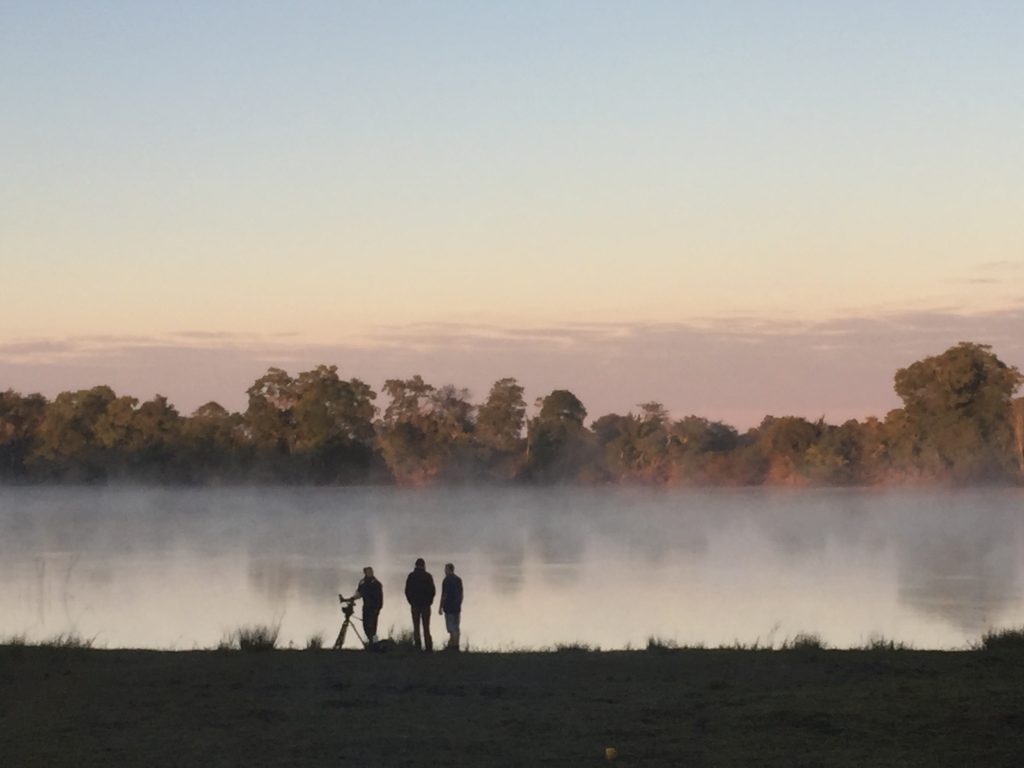
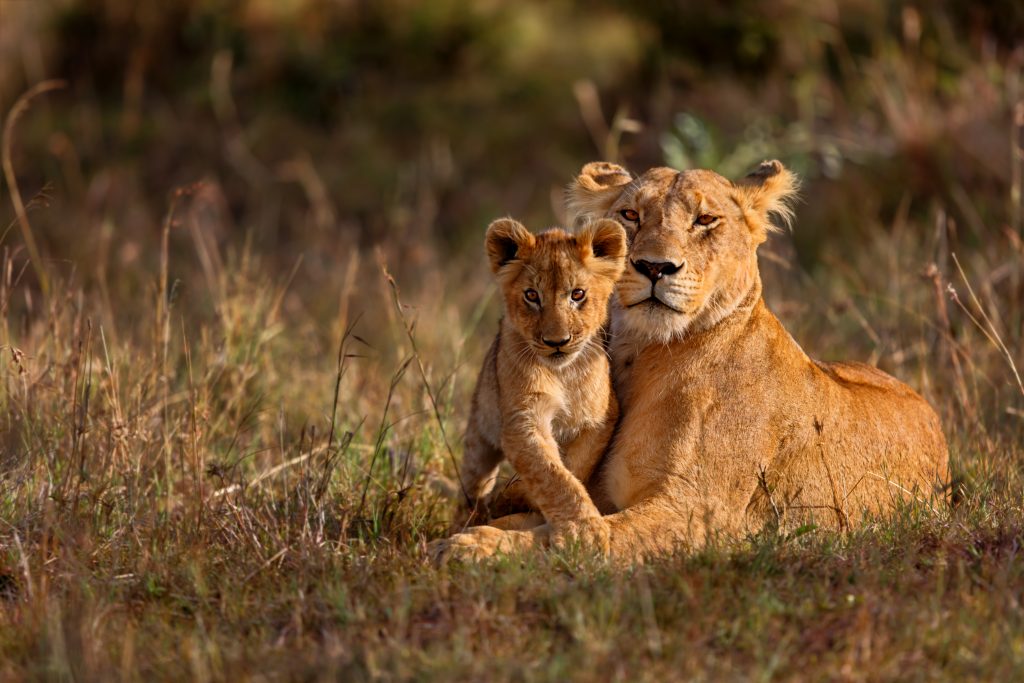
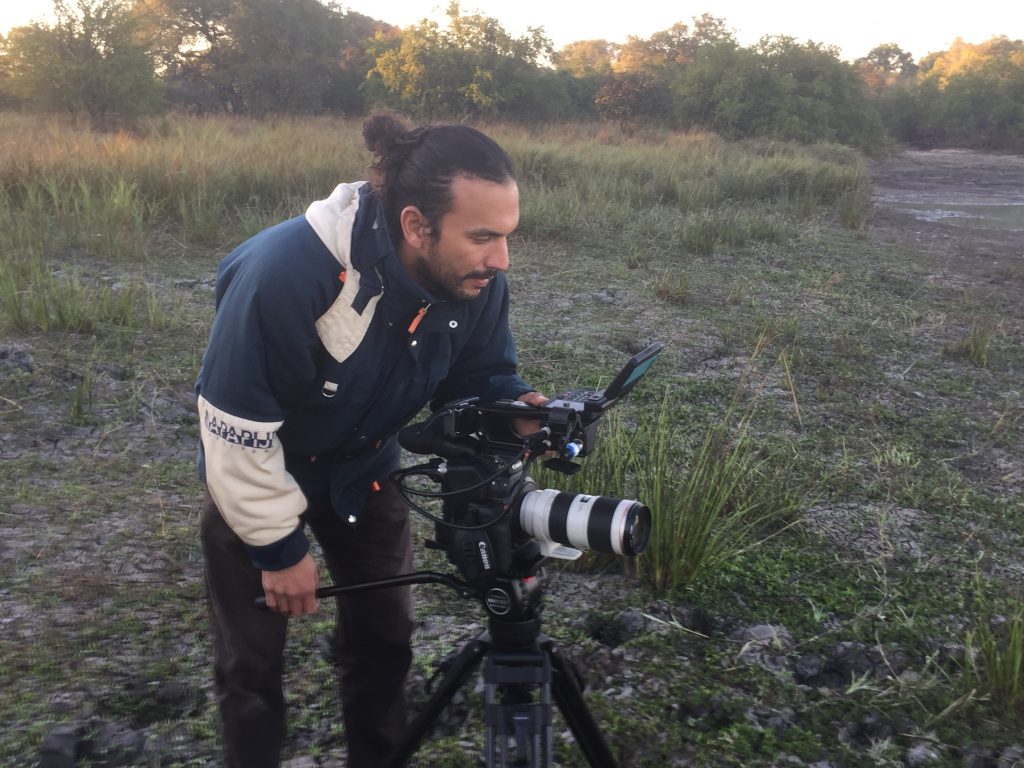
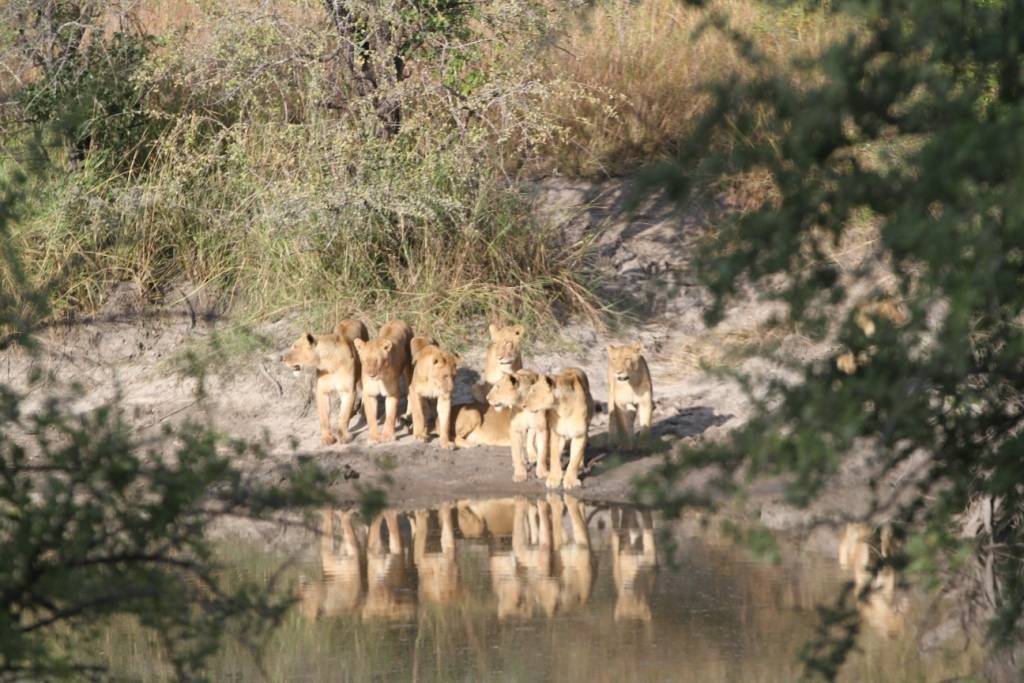
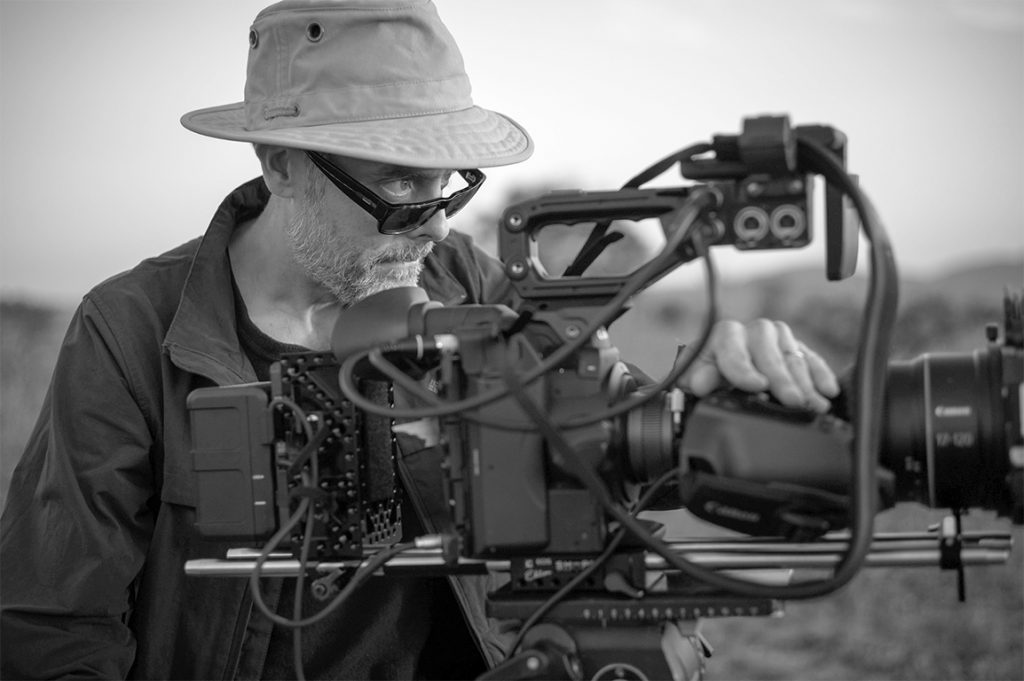
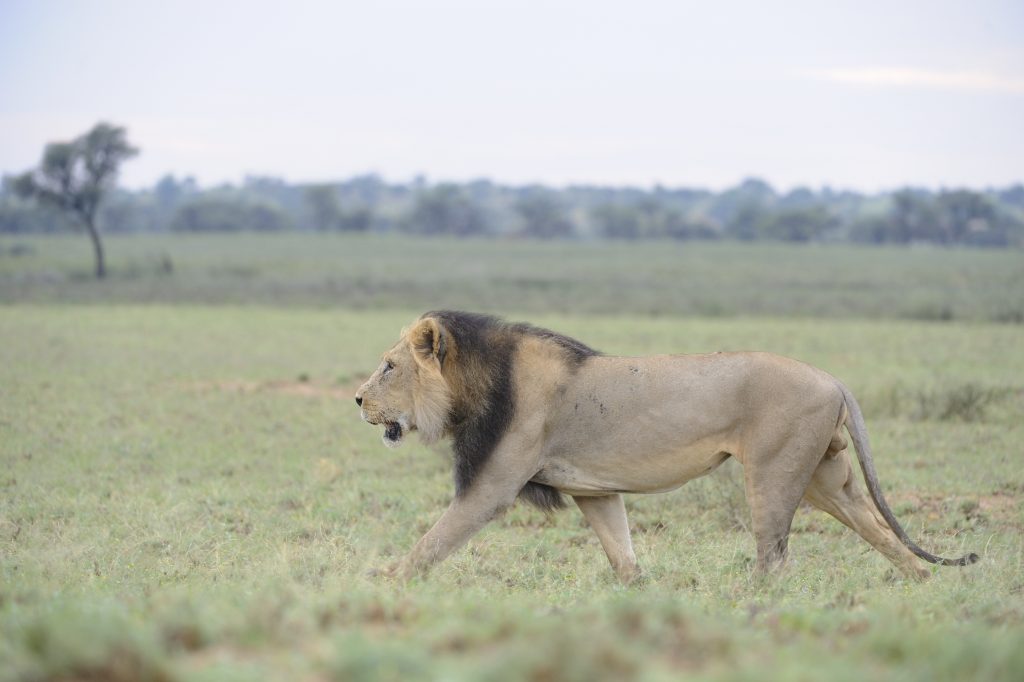
FEB 23 2014
